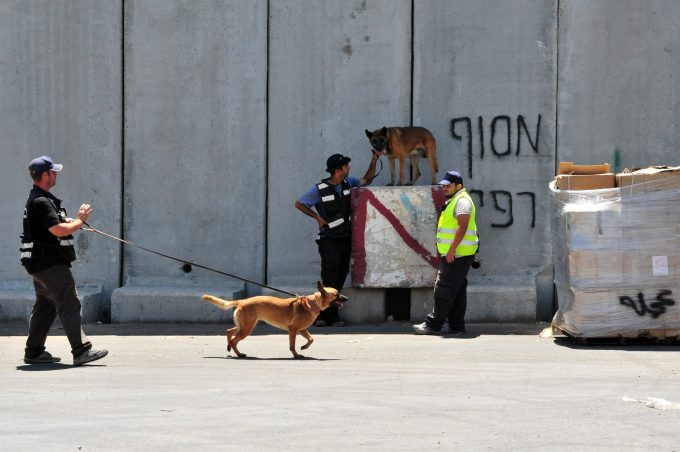
Forwarders are urging US lawmakers to update cargo security legislation to bring key elements of the current regime in line with commercial realities.
However, vital aspects appear stuck in Washington at the moment, while Congress is mulling an update of another element, the Customs – Trade Partnership Against Terrorism (C-TPAT).
Recent days have brought some progress for the industry on the cargo security front. A joint petition from the US Airforwarders Association (AfA) and the National Customs Brokers and Forwarders Association asking the Transportation Security Agency (TSA) to reconsider proposed changes in training has prompted the agency to promise that it will shortly release new training materials, the industry bodies jubilantly told their members.
Meanwhile, a group of members of Congress has tabled proposed legislation that seeks to re-authorise the C-TPAT programme.
The politicians want to update C-TPAT “to reflect our modern global economy” in order for participants to benefit from shorter wait times and fewer inspections at ports of entry. They pointed out that this would be the first update since the introduction of the regime 11 years ago.
Brandon Fried, executive director of the AfA, said C-TPAT had been stagnant and was overdue for an update. Above all, it requires adequate funding, he says.
“These programmes don’t run well if they’re under-funded.”
AfA members have not been very vocal on C-TPAT, though. Many of them are participants – purely because shippers include this in the requirements for tenders, Mr Fried said.
The benefits appear negligible. Truckers and shippers moving goods across the US-Canada border have repeatedly complained about lack of C-TPAT infrastructure at crossing points, forcing their cargo in line with operators that are not on the programme.
Mr Fried is more sanguine about the need to update the known shipper element of the current air cargo security regime.
The TSA prohibits forwarders from disclosing details of the programme, but Mr Fried has raised a number of general points that need addressing. He pointed out that the concept had been in play for some time, predating the rise of e-commerce.
Forwarders that try to get involved in e-commerce traffic are facing obstacles. For the most part, these are not insurmountable but they are time-consuming, he says, adding: “If you talk about time-definite consignments, that pretty much takes the forwarder out of the picture”.
Moreover, the current setup is prone to technical faults, he believes.
“If you’re going to have technical issues with the one resource that allows access, that’s a show stopper,” he said. “They should at least create a fallback mechanism.”
However, Mr Fried stressed that the AfA fully supported the concept in principle. “Known shipper is an important tool. We don’t advocate that it should go away, we advocate to update it and make it more user-friendly.”
He went on to describe the known shipper programme as one element among others in a security regime whose success is based on the interplay of multiple layers.
The AfA has called for one particular aspect of this – the screening of cargo – to be strengthened through the deployment of sniffer dogs. Noting that the number of dogs used by the TSA is relatively low, the forwarder organisation has championed the call for privatised canine screening to be admitted – under strict guidelines from and subject to scrutiny by the government agency.
The TSA has signalled its approval of the scheme, but it is up to US lawmakers to pave the way. Proposed legislation on this is included in the bill for the re-authorisation of the Department of Homeland Security, which appears to languishing on Capitol Hill.
“I hear some talk about taking it out of there and sticking it in the FAA authorisation, but that’s talk. There’s always talk in Washington,” Mr Fried said.



